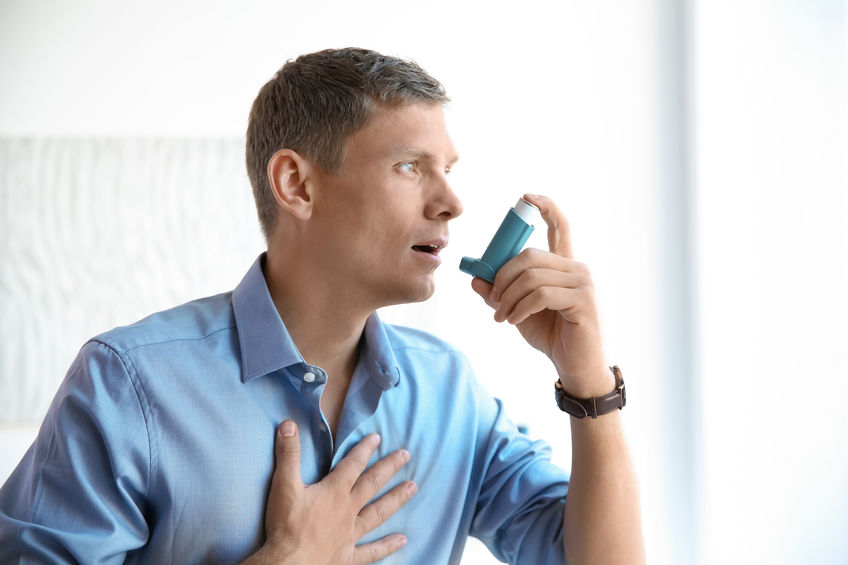Wheezing, Coughing, And Difficulty Breathing
Asthma is a common condition that affects the lungs and can cause wheezing, coughing, or difficulty breathing. While the condition occurs more often in children, adults can also suffer from asthma. If a person experiences difficulty breathing after activity, this may indicate that the person has asthma. Some lesser-known symptoms of the condition also include insomnia, chronic cough, and chest pain.
1. When you can’t fall asleep
A recent study showed that almost 40% of adults who had asthma also had insomnia. These patients also suffered from higher rates of anxiety and depression and had higher weights. The study didn’t necessarily show a cause-and-effect relationship. However, having insomnia can significantly affect a person’s quality of life and severity of asthma. Additionally, asthma symptoms often worsen at nighttime, leading to a higher rate of sleep disturbances.
2. A cough that won’t go away
Asthma doesn’t just cause shortness of breath. A chronic cough is one of the most common signs of asthma. Chronic is defined as a cough lasting for 2 months or longer. In patients with asthma, coughs are often nonproductive, meaning the cough doesn’t expel any phlegm or mucus. This is called a dry cough. A dry cough accompanied by wheezing is prevalent in patients with asthma.
3. Pain in the chest
After an asthma attack, many patients experience a tightness in the chest due to the constriction and inflammation of the airways. People should know what types of chest pain are most common and when to seek treatment for asthma-related chest pain. Because chest pain can also be a symptom of a heart incident, patients should always seek treatment if the pain is severe or radiating down the arms. Slight chest soreness from coughing or wheezing is common. More severe pain should be evaluated by a healthcare provider.
What can you do?
Common asthma treatment can include the use of oral corticosteroids or quick-relief inhalers. A doctor may recommend using an inhaler at specific times, such as before exercise. Treatment plans also involve avoiding asthma triggers, such as certain allergens, cigarette smoke, cold air, dust, or certain chemicals and cleaners. Patients may also benefit from alternative treatment methods, such as deep breathing exercises or meditation.
Find treatment options
People who experience coughing, wheezing, or difficulty breathing should make an appointment with an ear, nose, and throat (ENT) specialist to find diagnosis and treatment options. With an ENT’s help, patients can successfully manage asthma symptoms and experience an improved quality of life.




